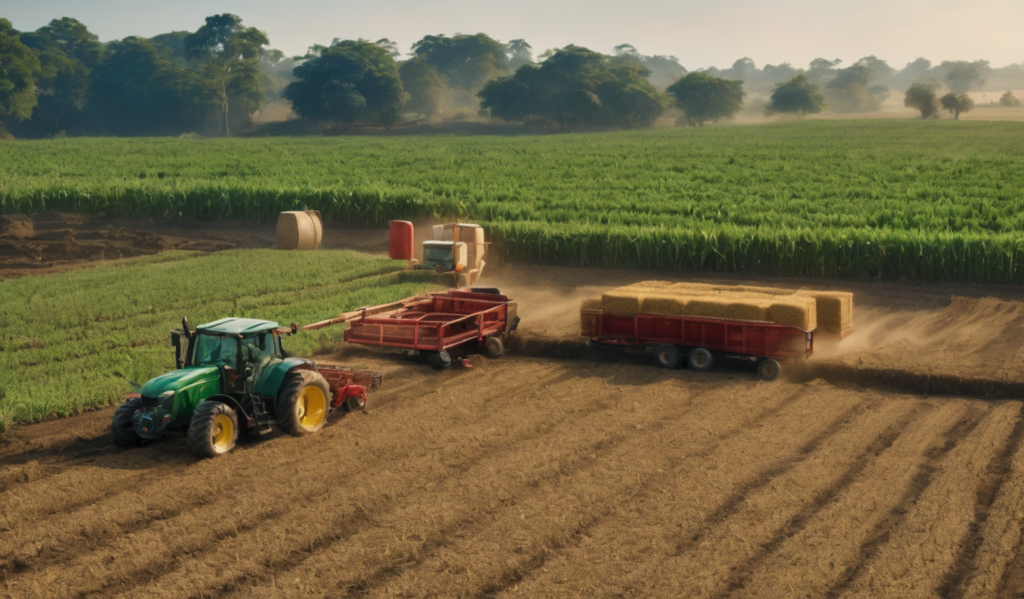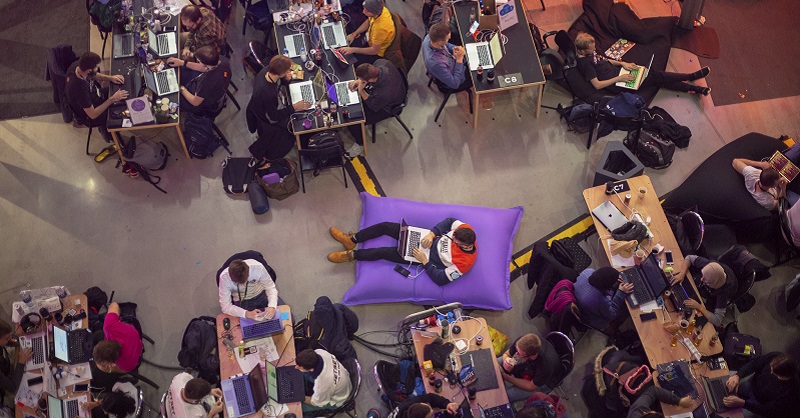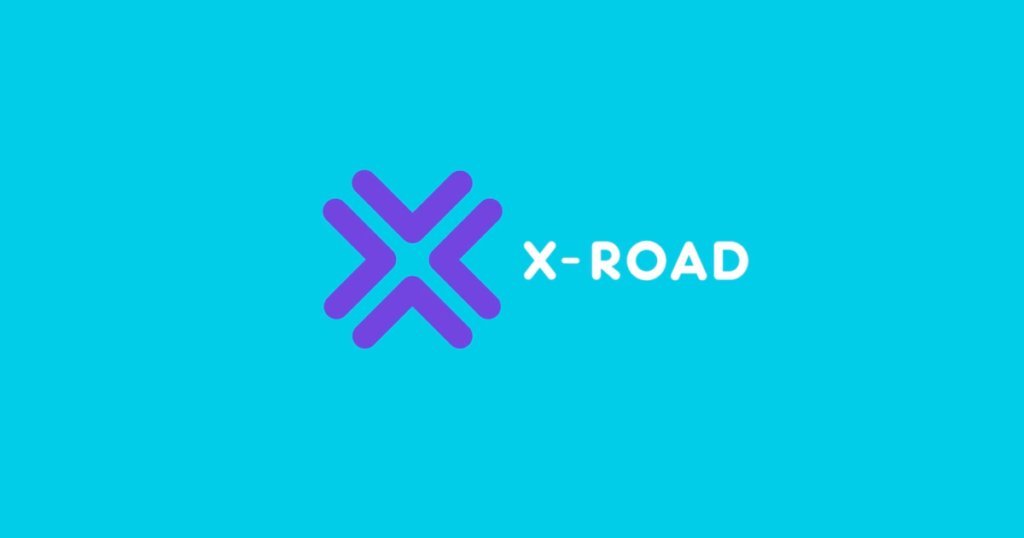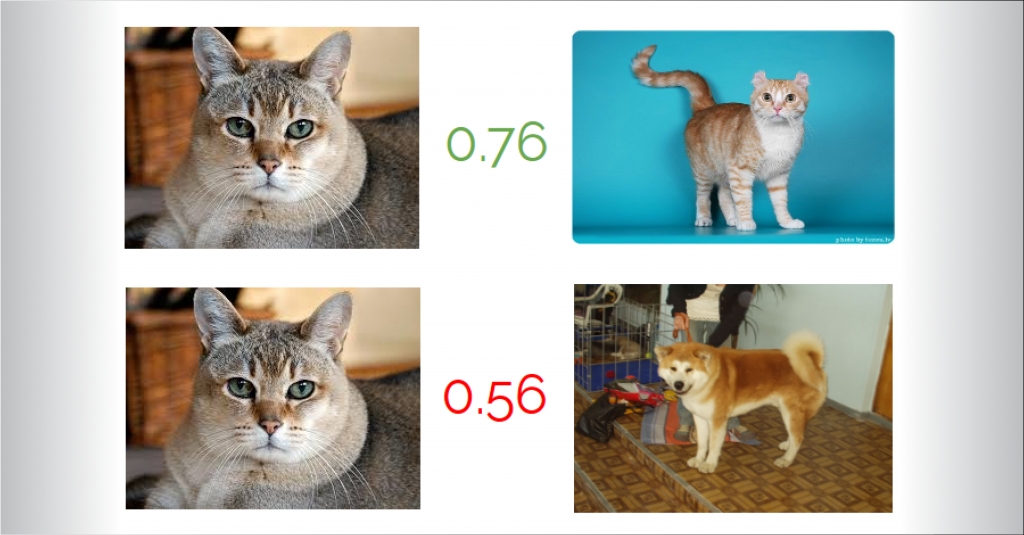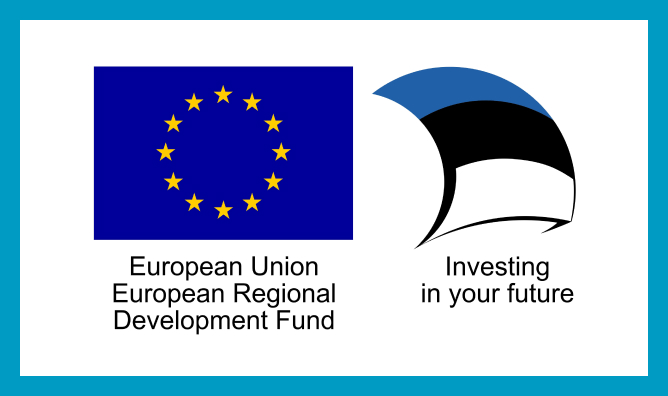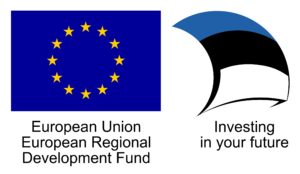From a socio-economics perspective, rural and agricultural life has brought challenges and opportunities. One of the challenges is predicting yields: how do you know when and how much yields will come, and how do you optimize them? The answer may lie in a recent project carried out by STACC and eAgronom.
